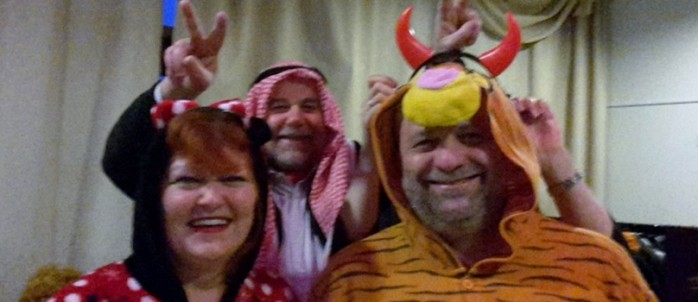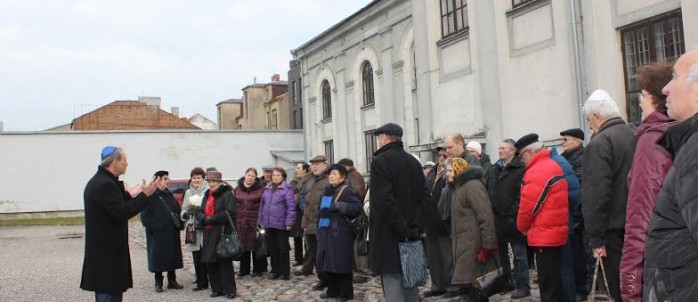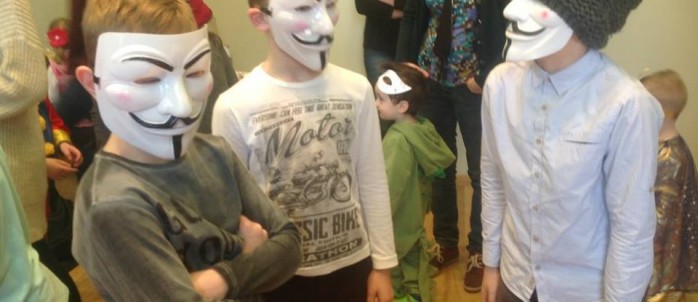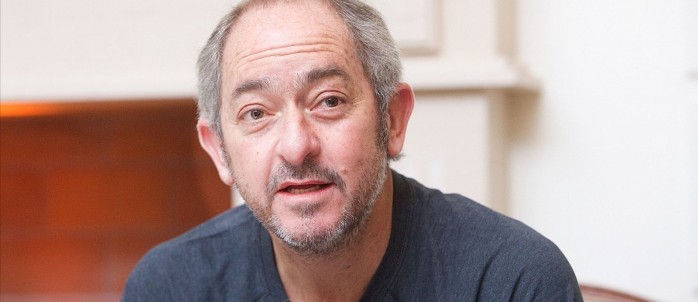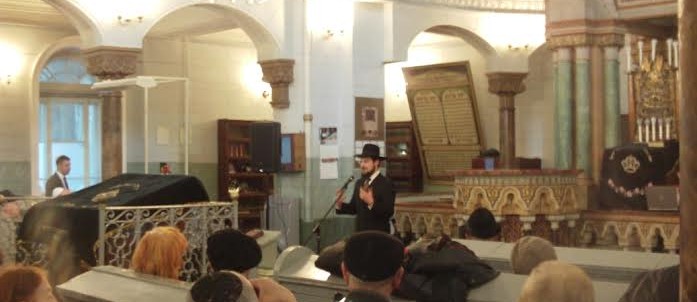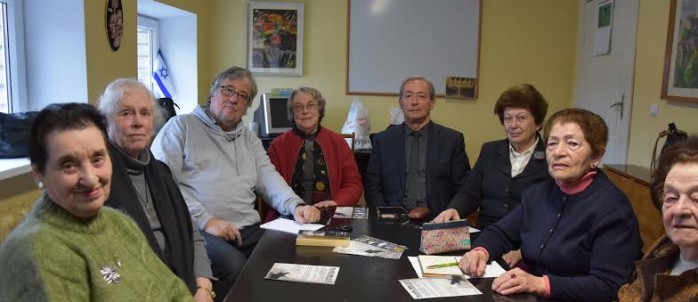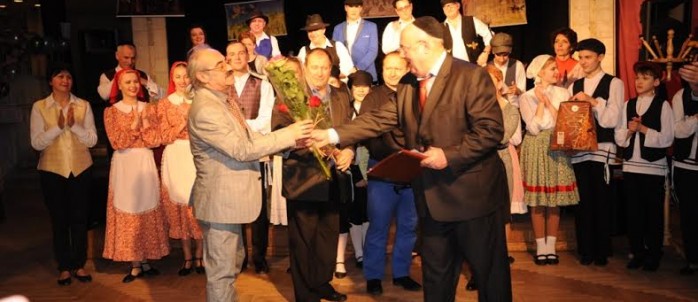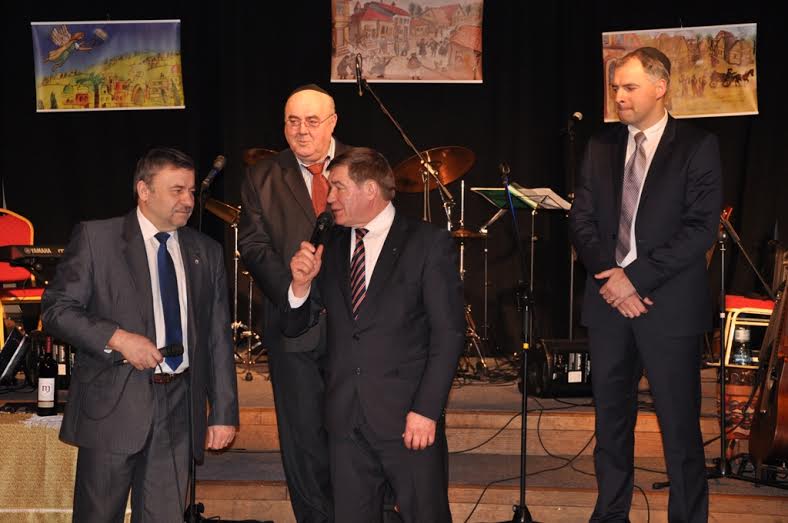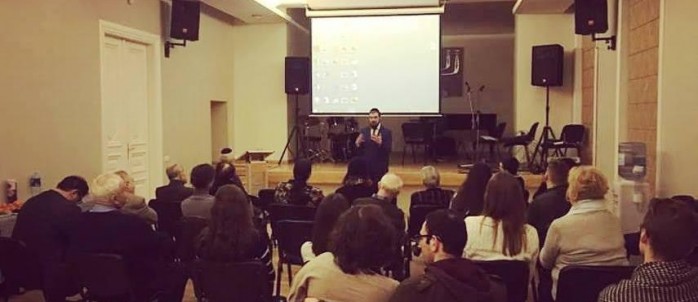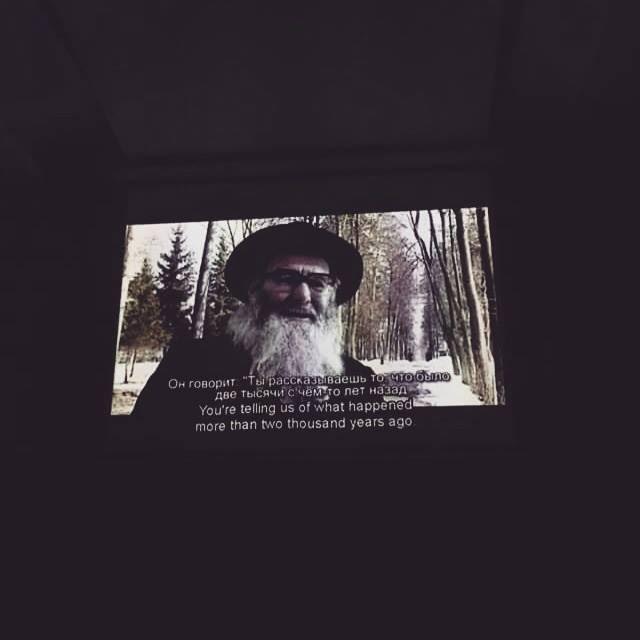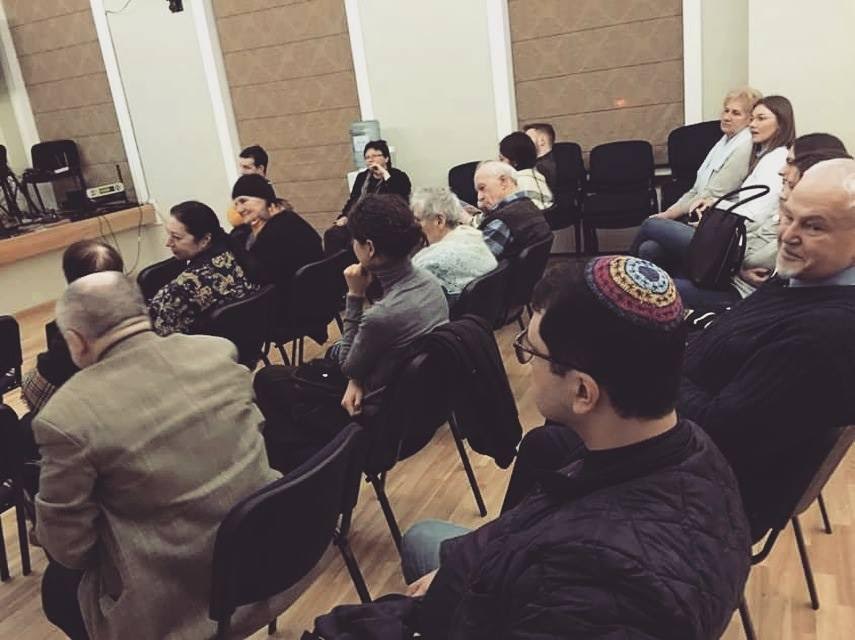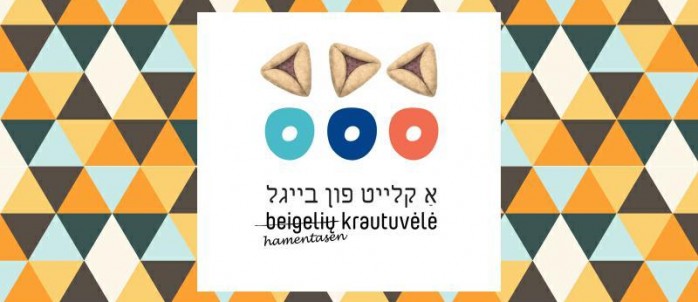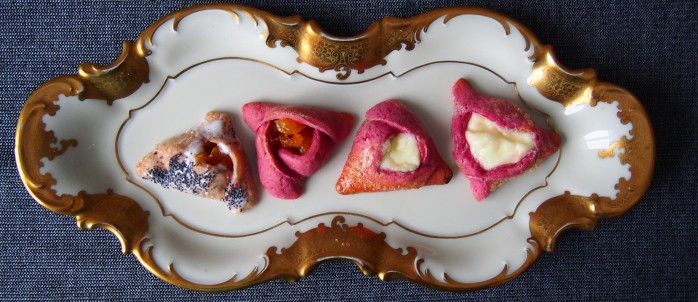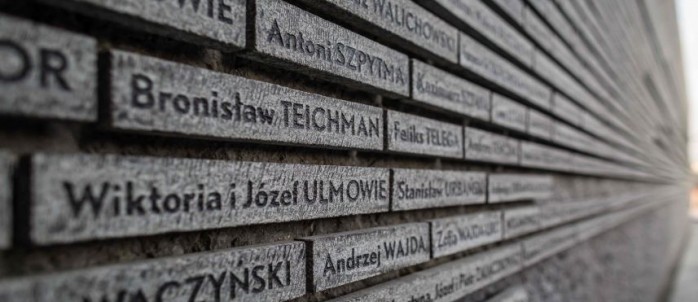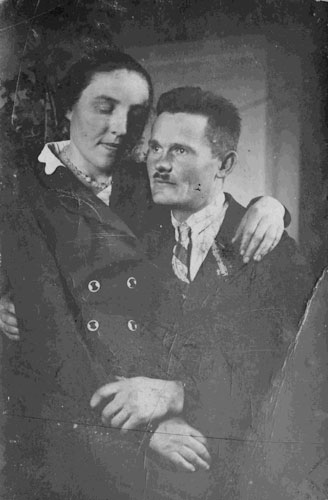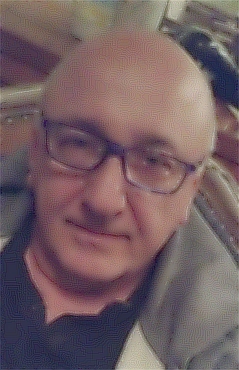
by colonel (retired) Dr. Jacques Neriah
March 27, 2016
Institute for Contemporary Affairs
Founded jointly with the Wechsler Family Foundation
Vol. 16, No. 6
March 27, 2016
Interviewed by Lenny Ben-David, Director of Publications
• The Turkish leadership saw the uprising in Syria and Egypt as an opportunity to replace regimes opposed to Turkey’s policies in the Middle East. Turkey looked at two targets: Egypt and Syria. In both countries, the Islamic opposition was headed by the Muslim Brotherhood, natural allies of Turkish president Erdogan.
• Turkey viewed developments in Syria as an opportunity to intervene and topple the Alawite regime. Turkish military intelligence was instructed to assist rebel factions opposed to the Assad regime almost from the very first days of the civil war in Syria.
• Testimony in Turkish courts alleges that rocket parts, ammunition and semi-finished mortar shells taken from Turkish intelligence depots were carried in trucks accompanied by state officials to parts of Syria under hardline Islamist rebel control.
• Turkey may have chosen to take advantage of the already boiling situation in Lebanon between Hizbullah and its Sunni opponents and try to provoke a renewed civil war in Lebanon.
• Greek authorities intercepted a ship recently, loaded with a Turkish shipment of weapons, supposedly destined for Muslim radicals in the northern part of Lebanon.


